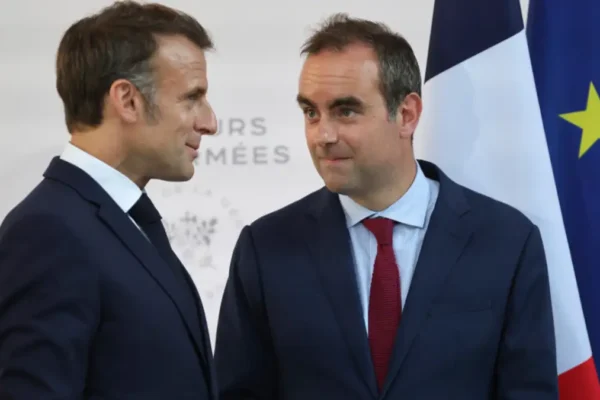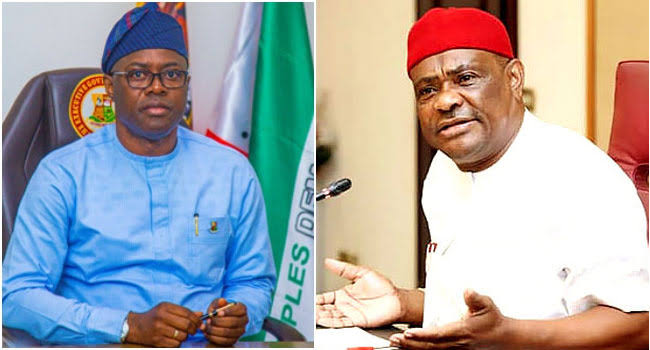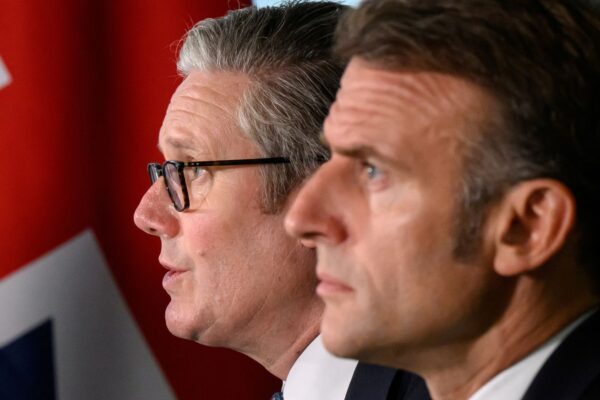
Macron Reappoints Lecornu As Prime Minister Days After Resignation
French President Emmanuel Macron has reinstated Sébastien Lecornu as prime minister, just days after accepting his resignation following the sudden collapse of his short-lived government. In a statement on Friday, the presidency confirmed the decision, saying Macron had reappointed Lecornu and instructed him to form a new government. Taking to X, Lecornu acknowledged France’s deep political divisions and vowed to restore stability. “We must put an end to this political crisis that is exasperating the French people and to this instability that is detrimental to France’s image and its interests,” he wrote. Lecornu’s initial appointment had already stirred controversy. After unveiling his first cabinet on Sunday, backlash erupted both inside and outside his camp. By Monday morning, he resigned, and Macron accepted. Yet in a dramatic turnaround, the president later tasked him with leading consultations with opposition leaders to find his replacement. After two days of intense talks, Macron decided to bring him back — a move that highlights the growing political uncertainty surrounding his administration. Reactions were swift and fierce. Far-right National Rally leader Jordan Bardella called the decision “a bad joke, a democratic disgrace, and a humiliation for the French people.” Marine Le Pen demanded new elections, saying Lecornu’s return proved “Macron’s contempt for voters.” On the far left, Jean-Luc Mélenchon mocked the reappointment, writing, “Macron can do nothing other than Macron.” France is currently battling a budget crisis and rising comparisons to Italy’s pattern of unstable governments. Determined to avoid further turmoil, Lecornu pledged to build a more inclusive administration and promised that issues raised in consultations would now face open parliamentary debate. He also introduced a new condition for ministers — anyone joining his cabinet must abandon any presidential ambitions before the 2027 election. “All ambitions are legitimate and useful,” he wrote, “but those who join the government must commit to disengaging themselves from the presidential ambitions for 2027.” The rule could exclude several key figures from both sides of the political divide. Lecornu’s earlier cabinet had already faced criticism for being dominated by Macron loyalists, despite promises of political renewal.


